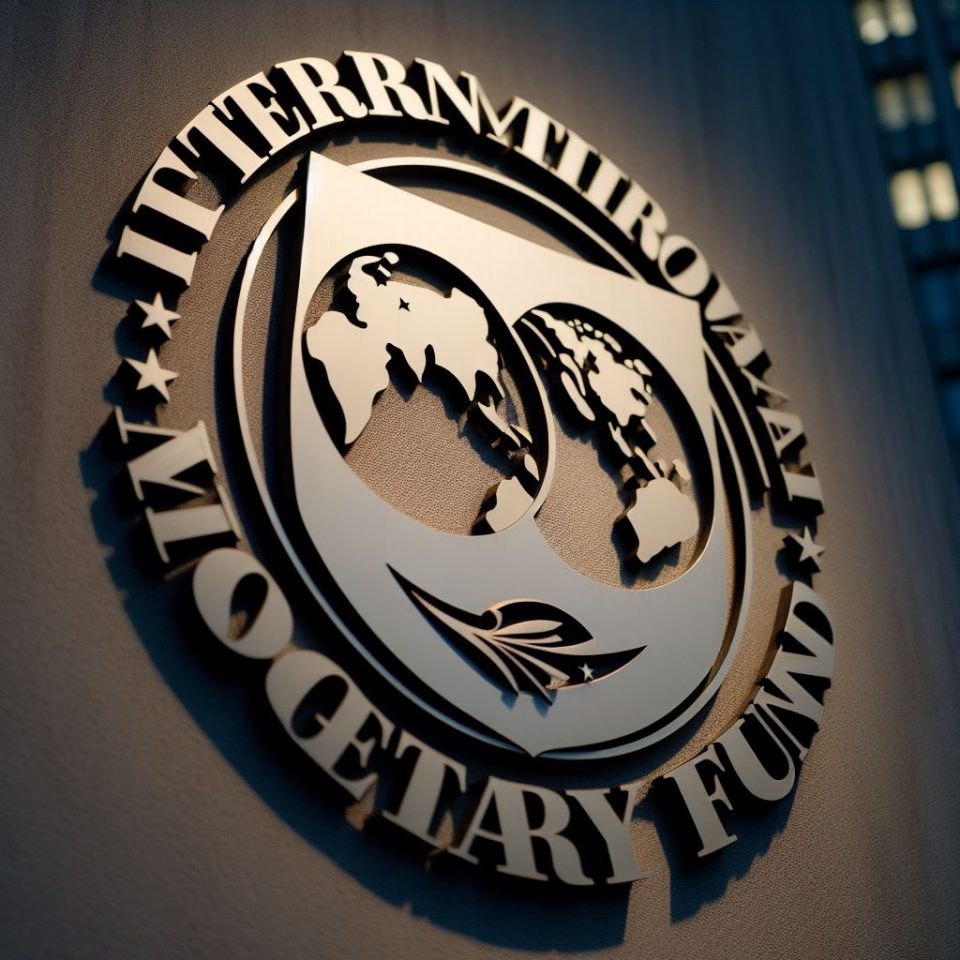The global economy, battered by inflation and war, appears to be finding its footing, according to the latest World Economic Outlook Update released today by the International Monetary Fund (IMF) and the World Bank. The report paints a picture of a world in cautious optimism, with growth projected at a steady clip but vulnerable to unforeseen headwinds.
The headline news is a projected global growth rate of 3.1% in 2024 and 3.2% in 2025. This is a slight upward revision compared to previous forecasts, driven by a surprisingly resilient U.S. economy, strong performance in some emerging markets, and government stimulus in China. However, don’t break out the champagne just yet. This growth falls short of the historical average, and several factors threaten to derail this delicate balancing act.
One positive development is the decline in inflation. Thanks to easing supply chain issues and central bank tightening, global inflation is projected to fall to 5.8% in 2024 and 4.4% in 2025. This slower pace of price increases is a welcome relief for consumers, but it’s a double-edged sword for policymakers. If inflation falls too quickly, it might tempt central banks to ease off the brakes on interest rates too soon, risking a resurgence of price pressures.
The key to a successful “soft landing” lies in carefully calibrating policy responses. Central banks need to maintain a watchful eye on underlying inflation dynamics and be ready to adjust monetary policy as needed. Meanwhile, governments should use this window of opportunity to focus on fiscal consolidation. With inflation abating and economies more resilient, it’s time to rebuild budgetary buffers for future shocks, prioritize investments, and tackle rising public debt.
This cautiously optimistic outlook by the IMF and World Bank is far from guaranteed. Geopolitical instability, particularly continued conflict in the Red Sea, could trigger new spikes in commodity prices and disrupt supply chains. A deeper crisis in China’s property sector or a poorly timed turn towards austerity measures in other economies could also disrupt the narrative of steady growth.
The report emphasizes the need for targeted structural reforms. Investing in productivity-enhancing initiatives and ensuring long-term debt sustainability are crucial steps to ensure convergence to higher living standards for all. Additionally, stronger multilateral cooperation on issues like debt resolution and climate change mitigation will be essential for navigating potential disruptions on the global stage.
The global economy is at a crossroads. While the IMF and World Bank offer a cautiously optimistic outlook, significant risks remain. Successfully navigating this path will require deft policymaking, a continued focus on taming inflation, and a commitment to building long-term resilience. The next few years will be a test of economic agility, and the world’s leaders will have their work cut out for them.

